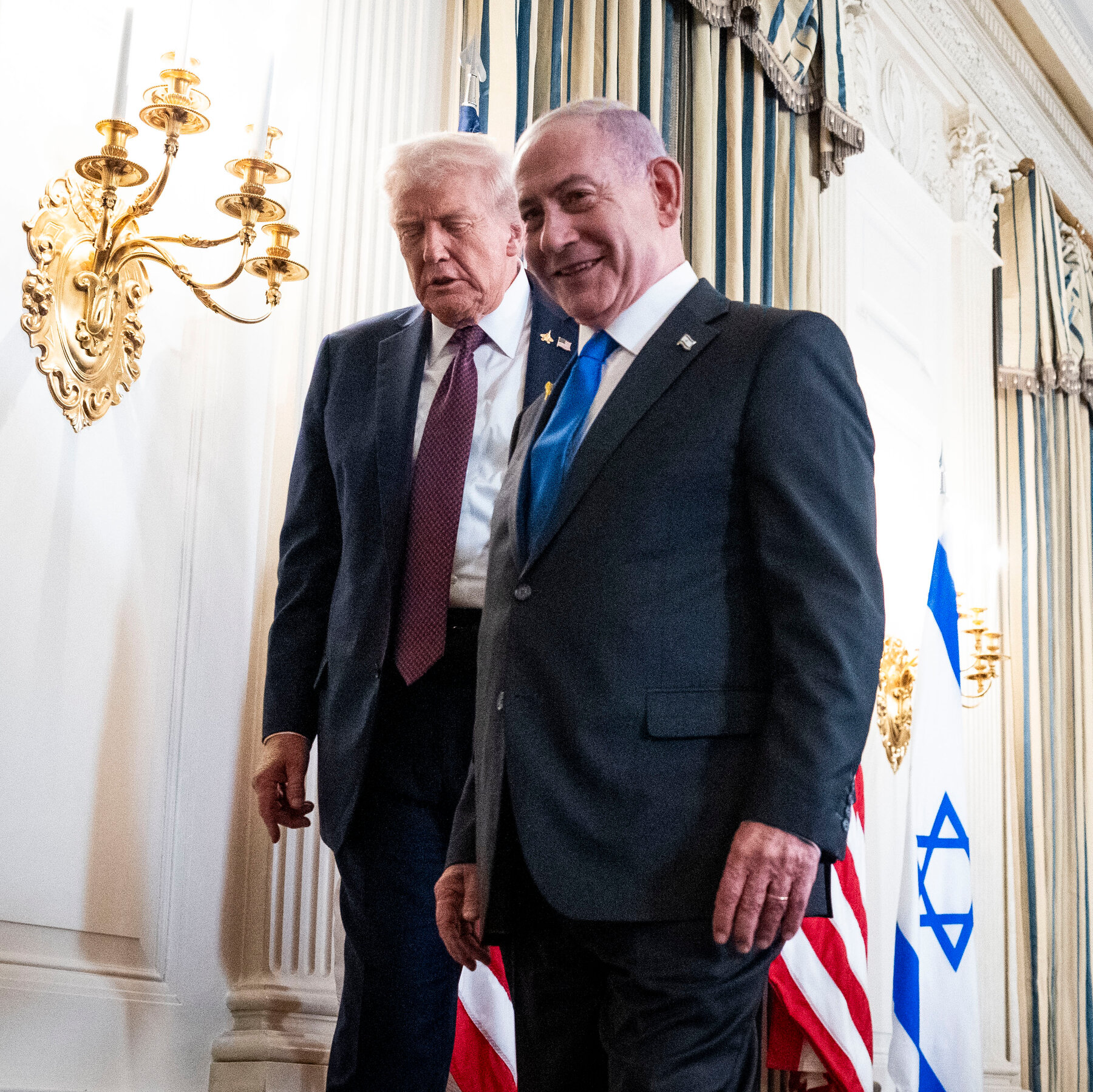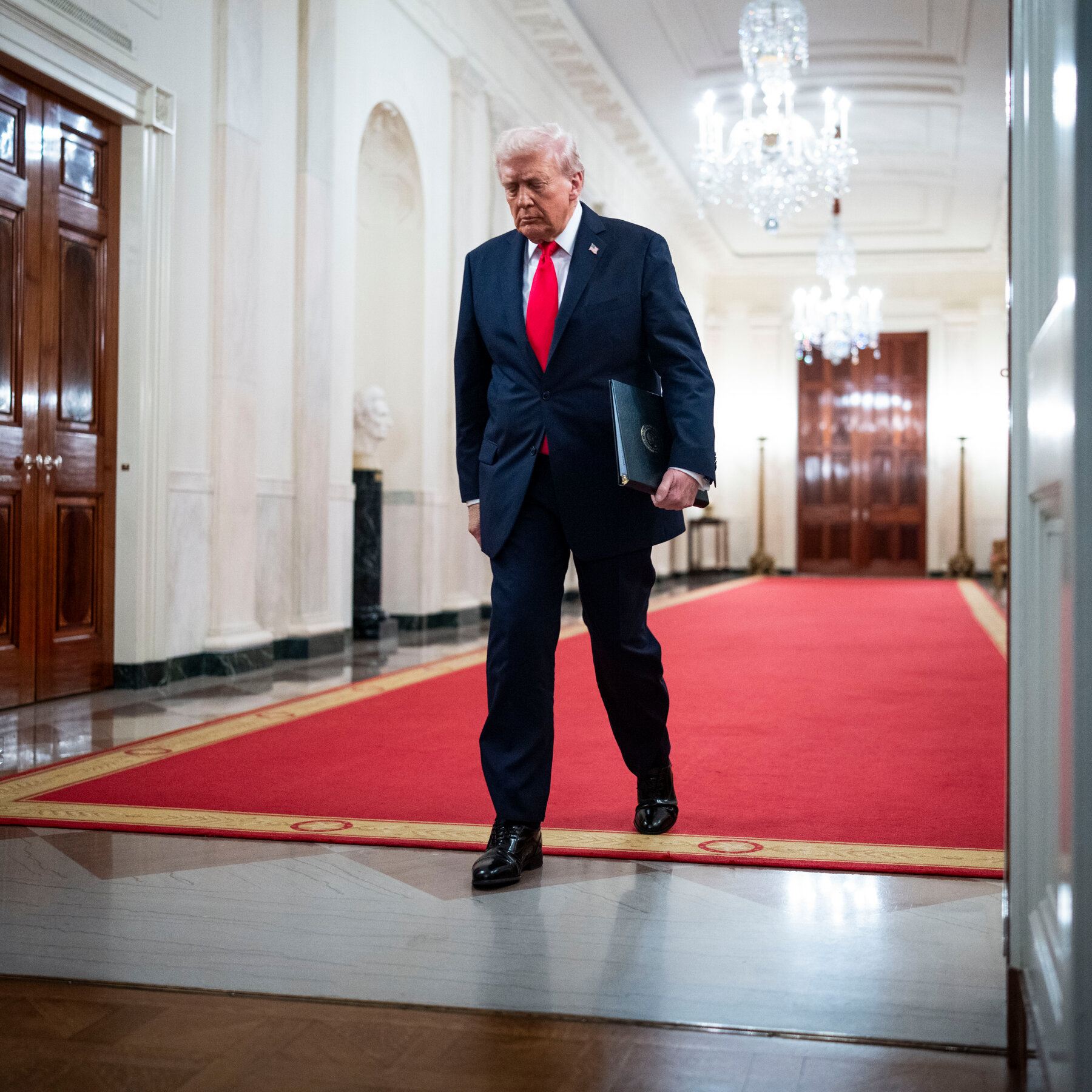Ukraine and Europe Chafe at Being Excluded From U.S.–Russian Peace Plan
Confusion in Kyiv over Washington’s diplomatic strategy
Officials in Kyiv have voiced growing bewilderment as the Trump administration pursues several parallel diplomatic tracks aimed at reviving a stalled peace process between the United States and Russia. While Washington touts its “new approach” as a breakthrough, Ukrainian leaders argue that they are being sidelined from the very negotiations that could determine the future of their country.
Multiple tracks, mixed messages
The White House has reportedly opened three distinct channels: a high‑level back‑channel with Moscow, a multilateral forum that includes NATO allies, and a separate “humanitarian corridor” initiative intended to ease the suffering of civilians in the conflict zone. Each track appears to operate on its own timetable and set of objectives, creating a confusing landscape for Kyiv’s diplomats.
“We receive contradictory signals from Washington,” said a senior Ukrainian foreign‑policy adviser, speaking on condition of anonymity. “One day we are invited to a summit in Geneva, the next we are told the talks are moving forward behind closed doors with Russia alone.”
Europe feels the sting
European capitals share Ukraine’s frustration. The European Union’s High Representative for Foreign Affairs warned that any peace blueprint that excludes the continent’s strategic input would be “incomplete and unsustainable.” Nations such as Germany, France, and Poland have repeatedly called for a coordinated approach that respects both Ukrainian sovereignty and broader European security interests.
“We cannot be reduced to spectators in a dialogue that directly affects our neighborhood,” declared the German Foreign Minister during a press briefing in Berlin.
Ukrainian demands
Kyiv insists on three non‑negotiable conditions for any peace framework:
- Full restoration of its internationally recognized borders, including the territories currently occupied by Russian forces.
- Guarantees for the withdrawal of all Russian troops, backed by robust verification mechanisms.
- A clear roadmap for post‑conflict reconstruction, funded by an international coalition.
Ukrainian officials have also called for a transparent role for the United Nations and the Organization for Security and Co‑operation in Europe (OSCE) to monitor any ceasefire or withdrawal agreements.
Washington’s response
In response to the criticism, a senior State Department spokesperson emphasized that the administration’s “multi‑track” strategy is designed to keep all parties engaged and to “avoid dead‑end negotiations.” The spokesperson added that the United States remains “committed to a durable peace that respects Ukraine’s sovereignty and the broader stability of Europe.”
Looking ahead
As the diplomatic chessboard continues to shift, both Ukraine and its European allies are urging Washington to bring them fully into the conversation. Without their participation, analysts warn that any agreement reached between the United States and Russia may lack the legitimacy and enforcement mechanisms needed to end the conflict permanently.







